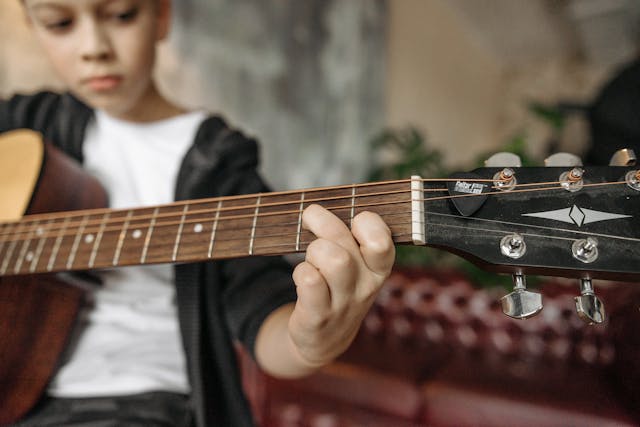Imagine a world in which the soft notes of a tune could heal damaged brain pathways. For stroke survivors in particular, this is becoming more and more of a reality rather than only a fantasy. Using the therapeutic capabilities of sound, music therapy has become a cutting-edge and effective treatment in rehabilitation that promotes healing.
This strategy is becoming more popular in Adelaide with both patients and medical professionals. We’ll discover the science behind music’s healing properties and examine its growing place in our community’s healthcare system as we dig further into how music might help stroke survivors recover. Learn how harmonies are changing people’s lives and giving those in recovery hope.
The Benefits of Music Therapy for Stroke Recovery
A distinctive method of stroke rehabilitation is provided by music therapy. It stimulates the body and mind, which is beneficial for healing.
Different parts of the brain are triggered when people get music therapy after stroke adelaide. Neural connections that may have been impacted by the stroke may be strengthened by this stimulation.
Additionally, musical rhythms help improve coordination and motor abilities. Exercises including clapping or drumming that reinforce movement patterns are often well received by patients.
Singing may also enhance emotional well-being and aid with language recovery. Participation in treatment sessions is encouraged and motivation is fostered by the pleasure of creating music.
When patients hear songs from their past, it evokes feelings and memories that promote healing on many levels. Every note contributes to a healing process—a potent reminder of resiliency via ingenuity.

The Function of Music Therapy in the Medical System of Adelaide
The advantages of music therapy are becoming more widely acknowledged by Adelaide’s healthcare system. This creative method provides an additional treatment option for patients, especially in rehabilitation environments.
To aid in the rehabilitation from stroke, music therapists collaborate with medical specialists. They customise sessions to meet the requirements of each client, encouraging emotional expression and cognitive engagement via improvisation or well-known songs.
This partnership improves emotional health in addition to physical recuperation. Following music therapy, patients often report feeling less nervous and more driven.
These approaches are starting to be incorporated into the curricula of nearby hospitals and rehabilitation facilities. The encouraging comments from patients demonstrate how sound may be used as a therapeutic tool in medical settings.
Additionally, community workshops are starting to appear, which raises awareness of music’s therapeutic benefits. Adelaide’s contribution to improving healthcare is expanding naturally as it adopts this creative approach.

Music Therapy’s Prospects for Stroke Recovery
Music therapy for stroke healing seems to have a bright future. More medical professionals are realising the potential of sound as studies continue to reveal its advantages. This discipline is constantly evolving, with new technology and strategies improving on long-standing approaches.
Leading the way in incorporating music therapy into rehabilitation initiatives is Adelaide. As part of their routine treatment for stroke survivors, more clinics and hospitals are starting to provide these services. This change reflects a growing understanding that physical therapy is not the only way to recover.
Patients may anticipate individualised therapies created especially for their requirements as practitioners hone their methods. Alongside physical rehabilitation, music therapists will continue to work closely with neurologists and occupational therapists to develop complete regimens that address mental and emotional health.
Music therapy may soon be used for a wider range of medical issues as neuroscience research reveals how our brains react to sound. The therapeutic experience might be further improved by using interactive technology or virtual reality.
As more stroke victims in Adelaide and worldwide embrace this cutting-edge path to recovery thanks to music’s special healing properties, their optimism only rises.
















